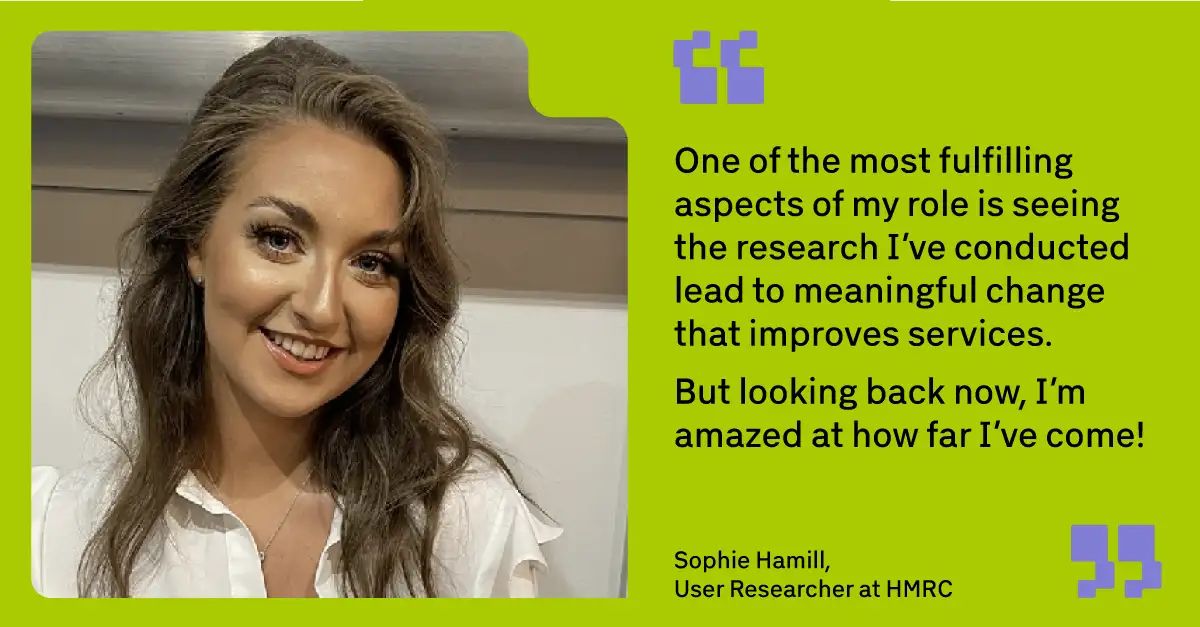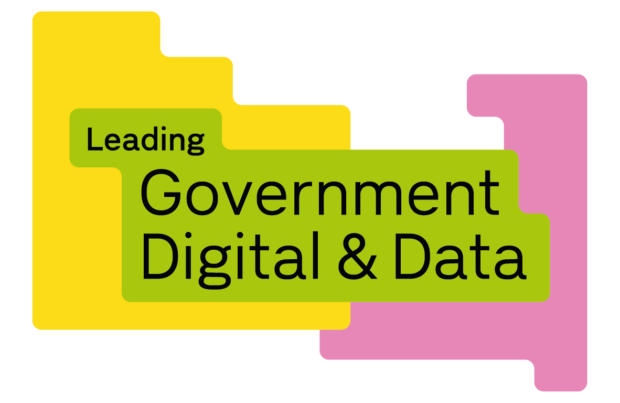Quality Assurance & Test (QAT) Test Engineer - HO - HEO
Government Digital & Data -
The Home Office works to build a safe, fair and prosperous UK. We achieve this through our work on counter-terrorism, policing, fire, crime, drugs policy, immigration and passports.
Home Office Digital, Data and Technology designs, builds and develops services for the rest of the department and for government. Every year our systems support up to 3 million visa applications, checks on 100 million border crossings, up to 8 million passport applications and deliver 140 million police checks on people, vehicles and property.
The Home Office leads on immigration and passports, refugee protection, counter-terrorism, policing, fire services, and crime and drugs policy.
This is an exciting time to be at the Home Office. You’ll have a chance to shape the future and support our mission to deliver exceptional public services that work for everyone.
Our work is guided by these principles:
- We put user needs first
- We value delivery and outcomes over process
- We work in the open
Our flexible working policy ensures a healthy work-life balance. We also nurture talent and offer a broad range of learning and development opportunities that will help you flourish in your role.
Job description
As a Test Engineer, you will adopt an engineering approach to achieving quality. You will be involved in assuring, measuring, and building quality into every phase of the software development life cycle. In doing so, you will seek to implement product level Test Engineering approaches which are in line with the portfolio Test engineering approach and QAT Test Engineering principles.
You will be involved in solving engineering challenges of QAT approaches adopted in projects that you work with. This involves developing and running scalable tests and processes that are faster, frequent, and continuous. You will be expected to build relationships with Software engineering, DevOps, Product and Project delivery partners to help make sure QAT is embedded by default into the development approach.
You will seek guidance and support from other members of the Test Engineering community to help develop your own technical and delivery management skills.
To help the QAT practice thrive, you will also learn about emerging tools and approaches and work out how these could help the organisation to deliver better success. You will be an active member of the QAT Test Engineering community as well as share, collaborate and promote the value of QAT within the larger Home Office Government Digital and Data Profession community.
Key Responsibilities:
- writing automated tests using existing test automation frameworks. You will develop tests that are predictable, repeatable and implement automated verification of acceptance criteria to the greatest possible extent. You may also need to make minor enhancements to existing test frameworks when required.
- configuring, monitoring, and triggering tests to run on demand, and using service virtualisation, data mocking, contract testing or other approaches to integration testing.
- adopting automated approaches to test data management, test results aggregation and release management. Providing precise, real-time reports of automation test runs to stakeholders.
- running distributed, parallel tests that are designed to run efficiently and quickly.
- interpreting data from code scan, code quality and observability tools to provide actionable feedback in aiding quality improvement.
- participating in the QAT Test Engineering community to help grow it.
Other day to day activities may depend on the delivery approach, business area or requirements of the product team.
Person specification
Essential criteria:
You’ll have a demonstrable passion for Test Engineering, with the following skills or some experience in:
- programming using Java, .NET, Python or Node.js to write secure, reusable, and maintainable automated tests and test utilities.
- using tools like Selenium or similar for front-end automation, Rest Assured or similar for API testing, Serenity BDD, build tools like Maven or Gradle and using Git to manage branches and merge requests through distributed version control.
- working with unit test frameworks like JUnit or similar, assertion libraries and data serialisation tools and leveraging tools like Wiremock or similar to aid automated testing.
- working with POM test design pattern and SOLID code design principle and using BDD tools like Cucumber or similar for developing automated tests.
- using CI/CD tools like Jenkins or similar while having a good understanding of release pipelines and jobs.
- using code quality tools like SonarQube or similar.
The essential skills listed above are reflective of the Home Office Government Digital and Data Profession Career Framework (based on the industry standard SFIA framework use the levels of responsibility to understand what would be expected for each technical skill listed). Please see below for the relevant skills for your role:
Strategy & Architecture:
Information Strategy
o Strategic Planning (ITSP) – Level 2
Technical Strategy and Planning:
o Domain Experience – Level 2
Development and Implementation:
- Systems Development:
o Test, Analysis, Design and Execution – Level 3
o Automation and Tooling – Level 3
o Performance Testing – Level 2
- Installation and Integration:
o Integration and Assurance – Level 2
Desirable criteria:
Ideally you will also have the following skills or some experience in:
- scripting automated, code driven accessibility tests.
- being able to peer review test automation code and familiarity with coding standards.
- familiarity with containerization and container orchestration systems.
You may also hold the following desirable qualifications or have equivalent experience:
- Computer Science related degree
- Associate level technical certification for programming languages or technologies like Cloud
- ISTQB – Certified Tester Foundation Level
- BCS Agile Practitioner
- ISQi Certified Agile Tester
Behaviours
We'll assess you against these behaviours during the selection process:
- Changing and Improving
- Communicating and Influencing
- Working Together
Technical skills
We'll assess you against these technical skills during the selection process:
- Technical Skills (SFIA Framework) and experience








